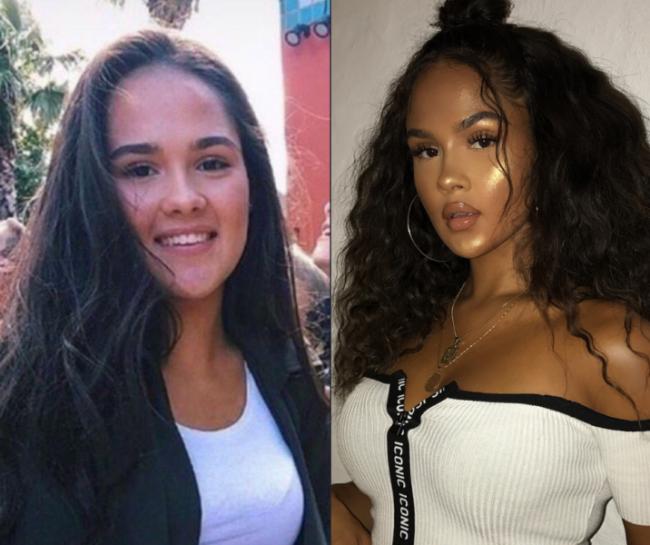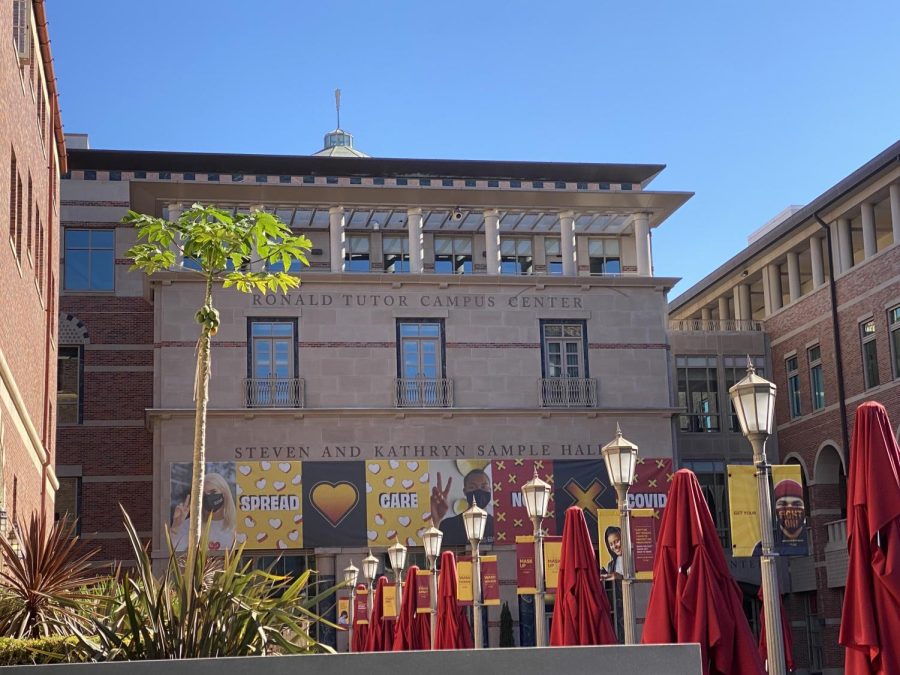By Natalie S. (’21) and Phoebe C. (’21)
In the 19th century, white performers painted their faces with black grease and dark thematic makeup in order to portray black slaves in a mocking manner. They sang, danced and acted as slaves on plantations to entertain non-black audiences. Now, 150 years later, this form of mimicry is still evident in society–but in the form of Instagram models attempting to change their ethnicity.
An example is Instagram influencer Emma Hallberg, who was thought to be a “light-skinned black woman,” but is in fact, a white woman from Sweden. When Hallberg was called out for blackfishing through a side by side photo comparison of her true skin color compared to her fake, dark skin, she responded by stating that the images were “just two different pictures take on on two different seasons of the year.”
In her now viral makeup tutorial, Hallberg applies foundation that were significantly darker than her skin tone. She is also seen promoting Ali Grace Hair, a hair extension brand predominately marketed towards black women. This may seem like just a regular sponsored ad, but donning hairstyles that are culturally and historically oppressed is completely inappropriate and disregards the important history of hairstyles that should be appreciated rather than appropriated.
Dreadlocks, Cornrows and kinky hair are often associated with being thug-like and disregarded. Yet, when white people wear hair extensions to display more black-like features, it is deemed as “trendy.” However, in the past black people were subjugated to harsh prejudice ideologies, which thus forced them to straighten, tie up, or cover their natural hair.
Nowadays, the form of blackface seen on social media may not be considered as sheer mockery, but rather a source of cultural appropriation and exploitation. Not only have there been models pretending to be black, but there have also been “tutorials” where non-black makeup artists teach their audiences how to “become” black.
However, many of these influencers claim that they “naturally tan” or are unwilling to admit their non-black heritage, but they unsuccessfully override the obvious black features that they attempt to sport. The act of adopting features from another culture cannot be justified as many of these characteristics were once vilified in society.
Nowadays, a commonly debated topic is how to distinguish appropriation from appreciation. In a recent Huffington Post article, appropriation is defined as “the act of taking or using things from a culture that is not your own, especially without showing that you understand or respect this culture.” Meanwhile, appreciation would be developing a respectful understanding of a culture, without merely taking aspects from it merely for a social media post or outfit.
The rising amount of these social media influencers who appropriate cultures on social media has become alarming. Today, more and more of their ignorant followers have begun to adopt black characteristics without understanding the historical and cultural importance behind their features.
We can continue talking about how aggravating it is to watch people appropriate culture, but if we merely focus on our anger, we will miss the chance to discuss and learn to appreciate, rather than appropriate, culture.


![The snack bar serves different lunch
boxes everyday. [AIDEN SHEN/THE BLUE & GOLD]](https://blueandgoldonline.org/wp-content/uploads/2023/12/Price-849x1200.jpeg)
![The live-action remake of Snow White from Disney is projected to release in March of 2024. [LOGO COURTESY OF THE WALT DISNEY COMPANY/WALT DISNEY].](https://blueandgoldonline.org/wp-content/uploads/2023/11/unnamed-1200x848.png)



